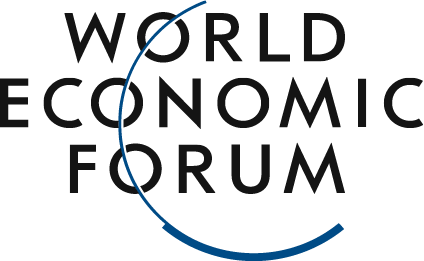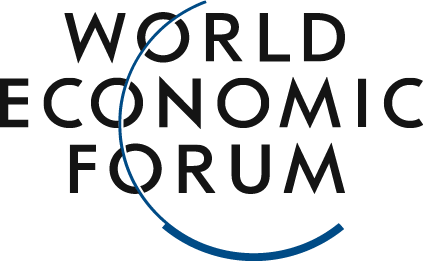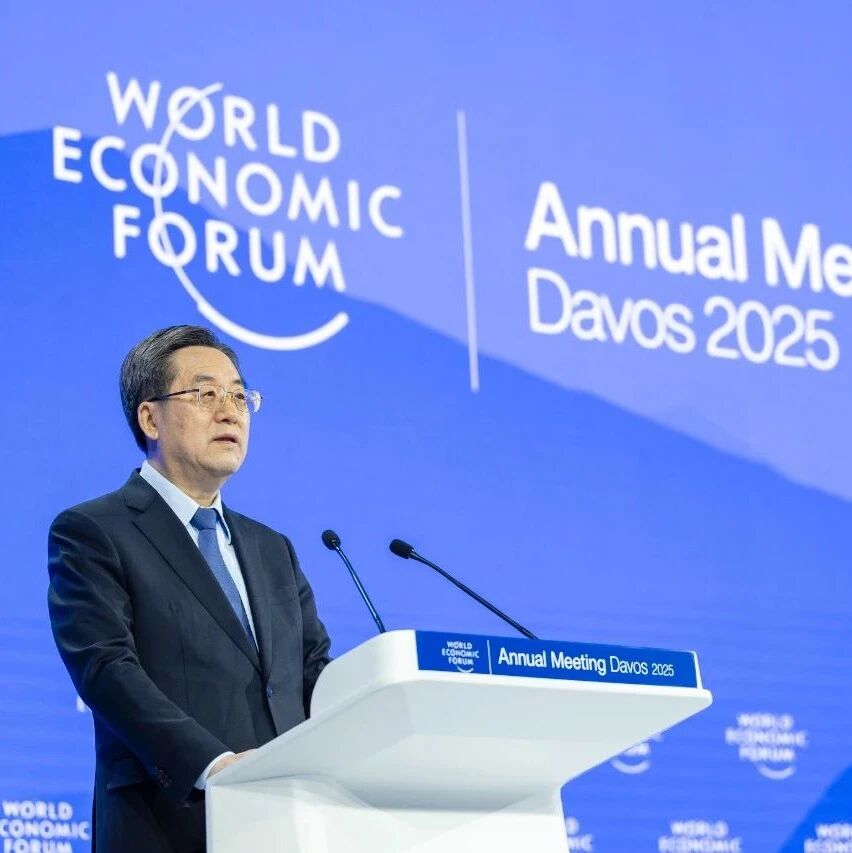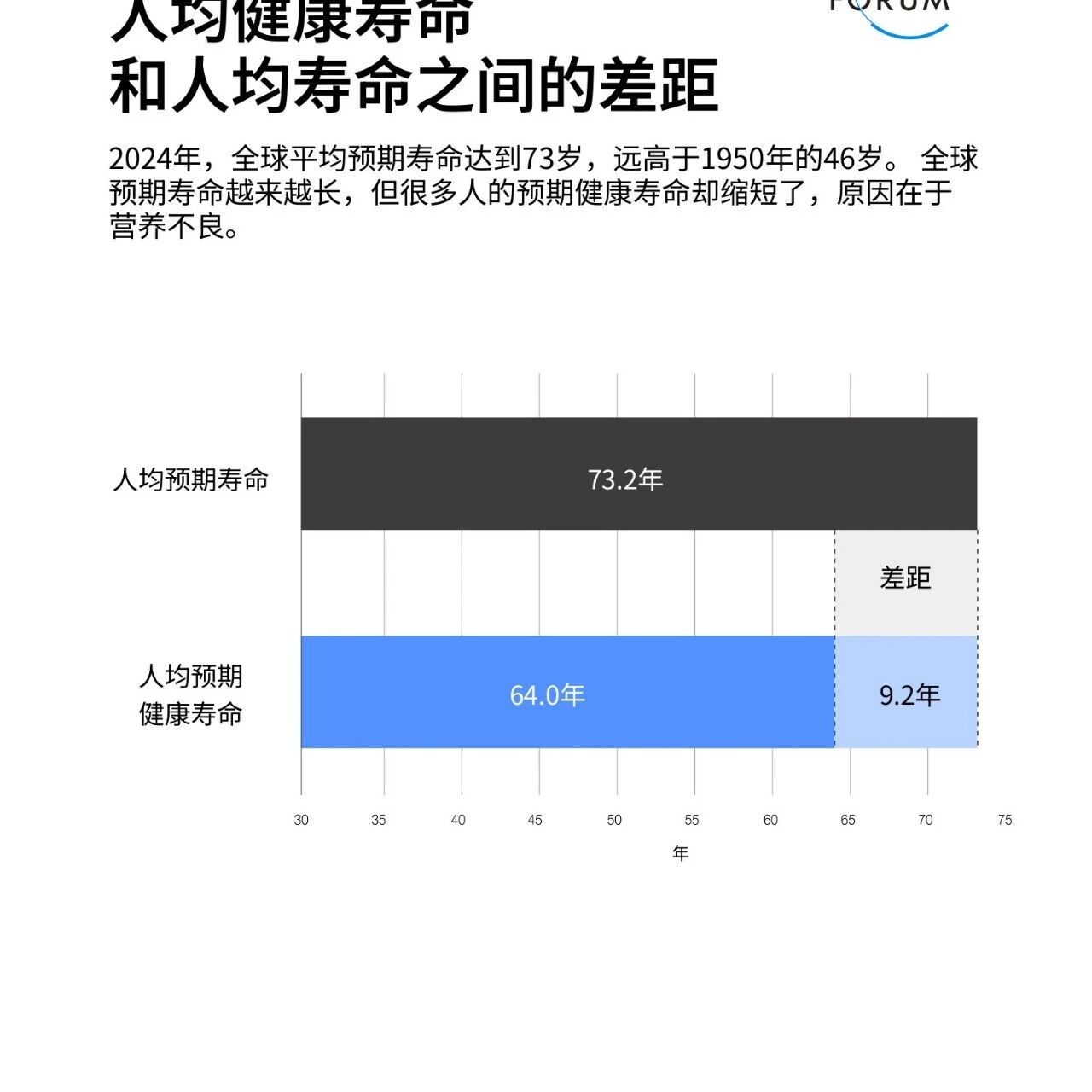

To inspire better climate-friendly behaviors, we need to make systemic changes.
Image source: Unsplash/Possessed Photography
Chiara Cecchini
Savor's Director of Business Development
Just as smoking rates have declined due to anti-smoking laws, rising prices, and shifting public opinion, sustainable development efforts also require systemic changes to better encourage people to adopt climate-friendly behaviors.
Past experience shows that people are more likely to adopt sustainable actions when the system is designed in a way that makes sustainable behavior the path of least resistance.
People often respond to "stories" rather than to statistics—this is precisely why climate messaging needs to shift from narratives rooted in fear and guilt toward ones that inspire hope, innovation, and pride.
For years, we’ve viewed sustainable development as a matter of knowledge—believing that if people simply understood the climate crisis—through charts, melting ice caps, and emissions data—they’d naturally change their behavior.
But behavior doesn’t always follow this pattern—we’ve seen it happen before. Take smoking as an example. In the 1980s, everyone already understood that smoking was harmful to health, yet research shows that what truly made a difference were smoking policies and bans—smoking rates began to decline because the world around smokers quietly and steadily underwent structural changes.
People no longer smoke on airplanes or in bars. Cigarettes have become expensive and harder to obtain. At the same time, social norms are shifting, and public policies are starting to take effect. Quitting smoking is no longer just a personal choice—it’s about adapting to the new environment.
This is exactly the approach sustainable development needs right now.
Let design take over instead of letting consciousness guide the way.
Despite growing awareness of climate risks, global greenhouse gas emissions reached a record high in 2023. A 2022 survey by the Pew Research Center found that majorities in most countries believe climate change poses a serious threat to their nations' futures. Yet, shifts in everyday habits—particularly in areas like food consumption, transportation, and energy use—remain painfully slow. This is the paradox we must confront: awareness doesn’t automatically translate into action, and information alone isn’t enough to drive meaningful change.
That’s precisely why a strategic shift is urgently needed. We must move beyond feelings of guilt and instead focus on systemic design—using policies, infrastructure, and cultural cues to make sustainable choices simple, affordable, and effortless.
The UK's Behavioural Insights Team has introduced a practical model called EAST—short for making behaviours "Easy," "Attractive," "Social," and "Timely." At its core, the approach focuses on making the "right" choices as effortless as possible, rather than simply telling people what they should do.
The "Default to Green" project is a compelling example. By simply making plant-based meals the default option—rather than treating them as a special request—the project has significantly boosted the consumption of plant-based diets.
In a randomized controlled trial conducted across six university campuses, this shift led to a 43-percentage-point increase in plant-based food choices and reduced the environmental impact by 45%—all while maintaining consumers' freedom of choice.
At New York City Health + Hospitals, the program delivered more than 1.2 million plant-based meals between March 2022 and March 2024. The initiative achieved satisfaction rates exceeding 90%, while also cutting food-related carbon emissions by 36% and generating cost savings of approximately $500,000.
This is a practical step toward systemic change—not by shaming people, but by altering the default options.
Why do we need a better narrative?
Humans aren’t naturally wired to respond to charts—we’re much more likely to connect with stories.
From childhood onward, stories have shaped our understanding of the world—what’s beautiful, what’s normal, and what’s possible. Our perceptions of agriculture aren’t rooted in agricultural reports—they stem instead from the "Uncle Joe’s Happy Farm" tales we’ve heard in books, cartoons, and classrooms.
Psychologists have proven that storytelling is more persuasive than facts. One study showed that people are more likely to take action when they hear a story about a specific individual—compared to when they’re presented with overwhelming statistical data.
Another meta-analysis on climate communication found that storytelling-based messaging is more effective at sparking emotional engagement and fostering pro-environmental intentions than data-heavy approaches.
However, today’s dominant climate narrative isn’t a story—it’s a warning. It’s saturated with feelings of guilt, sacrifice, and shame.
As Bob Eccles noted in Forbes magazine, given the widely divergent perceptions and understandings of the urgency surrounding this crisis, America needs a fresh narrative—one rooted in hope, innovation, and national pride. Climate action should be framed as a pathway to progress, not punishment, offering opportunities to build cleaner cities, stronger farms, and healthier lives.
Ultimately, we need a story people can see themselves in.
The food industry is at the forefront of climate action.
No industry is more influential—or more personal—than the food industry.
What we eat is deeply connected to our identity, traditions, and emotions. It also serves as a critical lever for climate action: food systems account for more than one-third of global greenhouse gas emissions. Yet, most climate-related messaging around food still focuses on what people should give up.
Instead, we need to design an industry environment that makes climate-friendly choices intuitive, appealing, and aligned with local cultures. Here are some examples already being implemented:
Setting plant-based meals as the default option in institutions:“Default Green” increased plant-based dietary intake by more than 40% simply by altering the default settings.
Redefining the description of sustainable food:The Climate Food Alliance partners with retailers and brands, using mouthwatering, culturally resonant language to boost consumer acceptance.
Procurement criteria prioritizing climate goals:Cities like New York and Milan are incorporating climate-friendly standards into their public food procurement practices.
Cultural content celebrating sustainable food:From Tabitha Brown to José Andrés, chefs and creators are helping redefine sustainable food—making it not only abundant but also irresistibly appealing.
Changing the system is more effective than changing people.
Evidence suggests that data alone wasn’t enough to make plastic straws disappear—instead, it was the availability of alternatives offered by cafes that drove the change. The same goes for oat milk: although it has a lower carbon footprint, its growing popularity stems from the convenience of purchasing options and the increasing affordability of the product.
Behavior is the downstream component of design. The most impactful thing we can do isn’t to persuade people to care more—it’s to build a system that makes it easier, cheaper, and happier for people to make better choices.
These systems reward low-emission lifestyles, encourage people to adopt sustainable diets, and help individuals feel proud—rather than guilty—about protecting the planet.

The above content represents the author's personal views only.This article is translated from the World Economic Forum's Agenda blog; the Chinese version is for reference purposes only.Feel free to share this in your WeChat Moments; please leave a comment at the end of the article or on our official account if you’d like to republish.
Editor: Wang Can
The World Economic Forum is an independent and neutral platform dedicated to bringing together diverse perspectives to discuss critical global, regional, and industry-specific issues.
Follow us on Weibo, WeChat Video Channels, Douyin, and Xiaohongshu!
"World Economic Forum"


